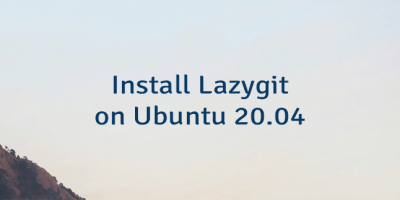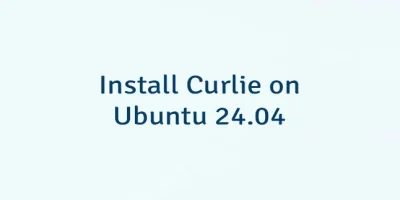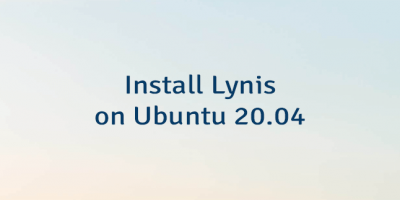Sccache is a command line tool that speeds up the recompilation process by caching previously compiled objects. Sccache include support for C, C++, Rust, and other languages. By caching previous compilations and reusing the results when the same inputs are encountered again, Sccache significantly reduces the time needed for subsequent builds. Sccache is similar to the Ccache command line tool. This tutorial explains how to install Sccache on Ubuntu 24.04.
Install Sccache
Get the latest release version of Sccache from its official GitHub repository:
SCCACHE_VERSION=$(curl -s "https://api.github.com/repos/mozilla/sccache/releases/latest" | grep -Po '"tag_name": "v\K[0-9.]+')Download Sccache:
wget -qO sccache.tar.gz https://github.com/mozilla/sccache/releases/latest/download/sccache-v$SCCACHE_VERSION-x86_64-unknown-linux-musl.tar.gzCreate a temporary directory and extract the tar.gz file contents into it:
mkdir sccache-temptar xf sccache.tar.gz --strip-components=1 -C sccache-tempMove the sccache command to the /usr/local/bin directory:
sudo mv sccache-temp/sccache /usr/local/binSet execute permission:
sudo chmod a+x /usr/local/bin/sccacheThe sccache command is now available system-wide for all users. Verify its version using the following command:
sccache --versionFinally, clean up by deleting the temporary directory and the downloaded file:
rm -rf sccache.tar.gz sccache-tempTesting Sccache
To utilize Sccache, simply prepend the compilation command with sccache.
For demonstration purpose, create a main.cpp file:
nano main.cppAdd the following lines of code:
#include <iostream>
int main() {
std::cout << "Hello world" << std::endl;
return 0;
}Compile code by prefixing the command with sccache like this:
sccache g++ main.cpp -o testUninstall Sccache
To remove Sccache, simply delete its executable file:
sudo rm -rf /usr/local/bin/sccache



Leave a Comment
Cancel reply